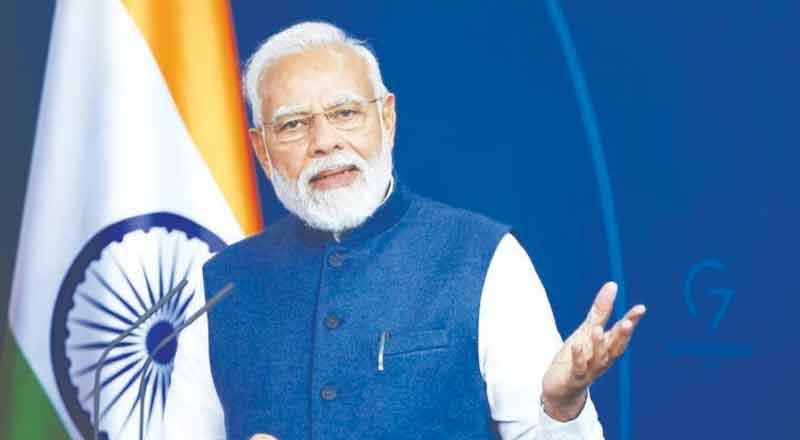Reserve Bank of India Governor Urjit Patel may consider resigning from his post given a breakdown in relations with the government
It said the government had sent letters to the RBI governor in recent weeks exercising powers under section 7 of the RBI Act on issues ranging from liquidity for non-bank finance companies, capital requirements for weak banks and lending to small- and medium-sized companies.
Section 7 says that ‘the Central Government may from time to time give such directions to the Bank as it may, after consultation with the Governor of the Bank, consider necessary in the public interest’, a statute that has not been used in independent India, according to the Economic Times.
If RBI governor resigns then it is a direct consequence of FM blaming him publicly yesterday for NPAs. He should be persuaded to stay.Patel and other regulators, including the Securities and Exchange Board of India, the Insurance Regulatory and Development Authority and the Pension Fund Regulatory and Development Authority, met Jaitley and other top finance ministry officials at a meeting of the Financial Stability and Development Council on Tuesday to discuss the liquidity crunch.
Tensions between the RBI and the government have spilled into public after Deputy Governor Viral Acharya said last week that undermining central bank independence could be “potentially catastrophic”, indicating the authority is pushing back against government pressure to relax its policies and reduce its powers ahead of a general election due by May.
The Central government uses banks as a weapon to penetrate into jurisdiction of states, said former Reserve Bank of India (RBI) Governor Y.V. Reddy on Saturday.
He said by controlling the banking system, the government of India is having access to extra budgetary resources or unaccountable resources to penetrate into the policies which it could not otherwise do.Speaking in the Indian School of Business (ISB) here, Reddy said since the Union government had no developmental staff in the states, banks were used to penetrate into their jurisdiction.
He said, the problem of Indian banking industry to the dual control by the Central government and the RBI.
“Recently, we had Urjit Patel (RBI Governor) as saying that regulation should be ownership-neutral. He says I don’t have regulatory powers but the government says RBI has enough regulatory powers. What is the truth? The truth is the problem of dual control,” he said.
The governance of public sector banks and the issue of non-performing loans are expected to figure in the discussions at the FSDC, a body of financial sector regulators and the government set up after the global financial crisis for better coordination and oversight, said a government official privy to the development.
Reserve Bank of India Governor Urjit Patel may consider resigning from his post given a breakdown in relations with the government,
The government has invoked never-before-used powers under the RBI Act that allow it to issue directions to the central bank governor on matters of public interest,
It said the government had sent letters to the RBI governor in recent weeks exercising powers under section 7 of the RBI Act on issues ranging from liquidity for non-bank finance companies, capital requirements for weak banks and lending to small- and medium-sized companies.
If the RBI governor resigns in these circumstances there could be huge repercussions.





